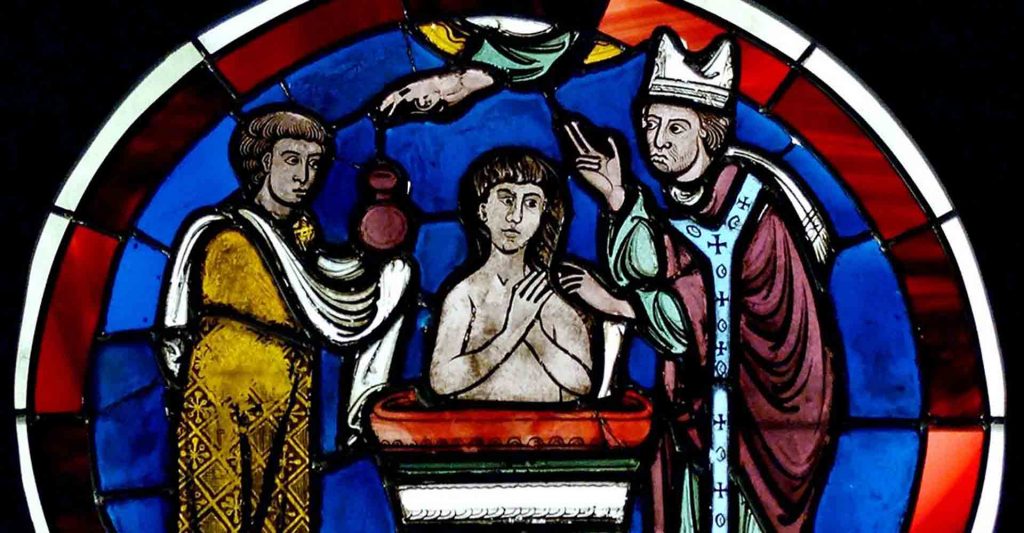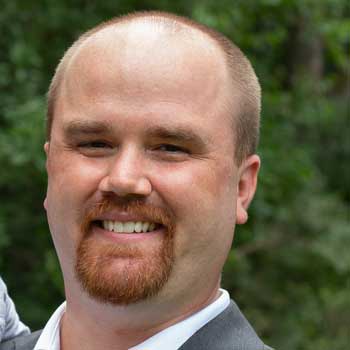
God reigns in the home of committed Catholic parents. These Christian fathers and mothers know well their sacred duty to raise their baptized children in the womb of the Church, lead them in the practice of the faith, and train them in the virtues so as to help them become authentic, committed disciples of Christ.
By Brandon Harvey
16 August 2019
During the opening rite of the Baptism of an infant, the Church ensures that parents know they have “the responsibility of training him in the practice of the faith.” Within this same opening rite, the Church through the Sacred Liturgy charges the godparents with the responsibility to “help the parents of this child in their duty.” Throughout the Baptismal Liturgy it becomes clear that the parents, with the assistance of the godparents, have the ministry to teach the faith by word and action.
After the Gospel is proclaimed and the Baptismal preaching is given, the petitions are announced. One of the options is a petition that speaks to the kind of life the parent and godparent should live, “Make the lives of his parents and godparents examples of faith to inspire this child.”
Read about how the Holy Trinity is the supreme model of marriage and family.
This is a powerful request. How many people do we personally know that inspire us to pursue holiness? Saintly inspiration is more than merely attending church functions or choosing the “Catholic” label on social media. It requires a passionate surrendering of our entire self to Jesus Christ. It requires that it is God who reigns in our hearts, lives, and homes.
One way, often overlooked, that parents can inspire their child is by making it clear that it is not mom or dad that reign over the home, but God. It is not mom and dad’s law, but God’s, that children and adults are asked to know and seek to follow. The parents are simply ambassadors on behalf of God. Saint Paul writing to the Church in Ephesus says, “Fathers, do not provoke your children to anger, but bring them up in the discipline and instruction of the Lord” (Ephesians 6:4).
The Catechism of the Catholic Church has a simple but challenging invitation to parents that can assist in this,
Parents have a grave responsibility to give a good example to their children. By knowing how to acknowledge their own failings to their children, parents will be better able to guide and correct them.
CCC no. 2223
The Church’s wisdom here provides a means for parents to show their children that their parents do not govern the home and their adult life based on personal preferences rooted in relativism or hedonism. Admitting one’s shortcoming to their children is a sign of a family that does not strive to follow the expectations of the family simply because Dad says so, but because God says so; God has good and reasonable reasons for the way He invites us to live a joy-filled and purpose-filled life.
A parent that prudently recognizes their failings, is a parent that holds themselves accountable to the same Divinely Revealed truths that they expect of their children. And in doing so, they will surely be heading in the right direction of inspiring their children to grow in Christ’s holiness.

Brandon Harvey is married and blessed with four children. He studied undergraduate theology and philosophy at Briar Cliff University and received an MA in Theology from Franciscan University. He works as a Catholic speaker, theological consultant, and writer. He has developed the Home Catechesis Podcast and Vlog resource: www.homecatechesis.com
Leave a Reply